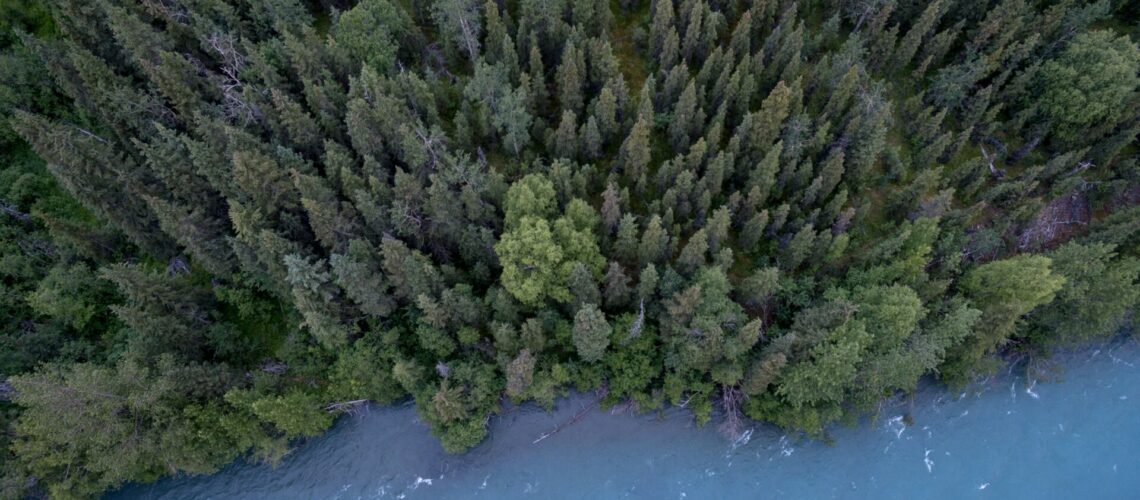Arizona’s desert climate presents unique challenges for water conservation. With sparse rainfall and high temperatures, conserving water is not just an environmental concern but a necessity for sustainable living. This article delves into various water conservation techniques specifically tailored for Arizona plumbing, highlighting insights from Cummings Plumbing, a reputable service provider in Tucson, Arizona. Additionally, the article aims to provide practical advice for homeowners and businesses alike, emphasizing the importance of adapting to the local climate for effective water management.
Understanding the Arizona Water Scenario
Arizona’s climate is predominantly arid, with regions experiencing extreme heat and limited rainfall. This environment places a significant strain on water resources, making conservation a crucial aspect of everyday life. The state’s reliance on groundwater and river water systems like the Colorado River further underscores the need for efficient water usage. In this context, plumbing plays a pivotal role. Well-designed and maintained plumbing systems can drastically reduce water wastage, contributing to the state’s overall conservation efforts. It’s also vital to understand the interconnected nature of Arizona’s water systems and how individual actions can impact the broader ecosystem.
Effective Water Conservation Techniques
- Low-Flow Fixtures: One of the most straightforward methods to save water is through the installation of low-flow fixtures. These include showerheads, faucets, and toilets designed to use significantly less water than standard models. Cummings Plumbing in Tucson, Arizona, often recommends these fixtures as they can lead to substantial savings in water usage without compromising functionality. Additionally, these fixtures are available in various styles and designs, making them a practical and aesthetic choice for modern homes.
- Leak Detection and Repair: Leaks are a major source of water wastage in households. Even a small drip can amount to gallons of water lost over time. Regular inspections and timely repairs of leaks in pipes, faucets, and toilets are essential. Cummings Plumbing emphasizes the importance of professional leak detection services, which can identify and fix hidden leaks that might otherwise go unnoticed. The use of advanced technology in leak detection also ensures a more efficient and less invasive process.
- Water-Efficient Landscaping: In Arizona, outdoor water use accounts for a significant portion of total household water consumption. Xeriscaping, or landscaping with drought-resistant plants and minimal turf, can dramatically reduce the need for irrigation. Drip irrigation systems and timers further optimize water use for landscaping purposes. This approach not only conserves water but also creates a landscape that is better suited to the local environment and requires less maintenance.
- Water Recycling Systems: Greywater systems, which reuse water from showers, sinks, and laundry, can be effectively utilized for non-potable purposes like irrigation. Cummings Plumbing suggests consulting with a professional to ensure that these systems are correctly installed and comply with local regulations. The incorporation of these systems into residential and commercial buildings represents a significant step towards a more sustainable water usage model in Arizona.
- Education and Awareness: Knowledge is a powerful tool in water conservation. Understanding the importance of water in Arizona’s desert environment and being aware of daily water usage can lead to more mindful and sustainable practices. Cummings Plumbing actively participates in community initiatives to promote water conservation awareness. Workshops and educational programs can further reinforce the importance of water conservation and provide practical tips for everyday use.
Challenges and Opportunities
Implementing these water conservation techniques is not without its challenges. For instance, the initial cost of upgrading to more efficient plumbing fixtures can be a barrier for some homeowners. However, the long-term savings in water bills and the positive environmental impact often outweigh these initial investments. Moreover, the varying quality of water in different regions of Arizona, such as the hardness of water in Tucson, can affect plumbing systems and water usage. Addressing these specific conditions requires tailored solutions, which companies like Cummings Plumbing are equipped to provide. Engaging with local experts who understand the unique challenges of the Arizona climate can also facilitate more effective conservation practices.
The Role of Professional Plumbing Services
Professional plumbing services play a crucial role in water conservation. Experts from Cummings Plumbing, for example, not only install and repair fixtures but also provide valuable advice on the most effective conservation strategies suited to individual households and businesses. Their expertise ensures that plumbing systems are optimized for both efficiency and sustainability. In addition, these professionals stay abreast of the latest advancements in plumbing technology and conservation strategies, enabling them to offer the most current and effective solutions to their clients.
Conclusion
Water conservation in Arizona’s plumbing is not just about saving water; it’s about adapting to and respecting the unique environmental conditions of the desert climate. Techniques like using low-flow fixtures, repairing leaks, water-efficient landscaping, and water recycling are effective ways to reduce water usage. Moreover, the role of professional services like Cummings Plumbing in Tucson, Arizona, cannot be overstated. They provide the necessary expertise and support to ensure that water conservation is not only a goal but a practical reality in Arizona homes and businesses. As the state continues to face environmental challenges, these efforts in water conservation will play a critical role in ensuring a sustainable future for Arizona. The collective commitment to these practices across households and industries will be pivotal in safeguarding Arizona’s precious water resources for future generations.

